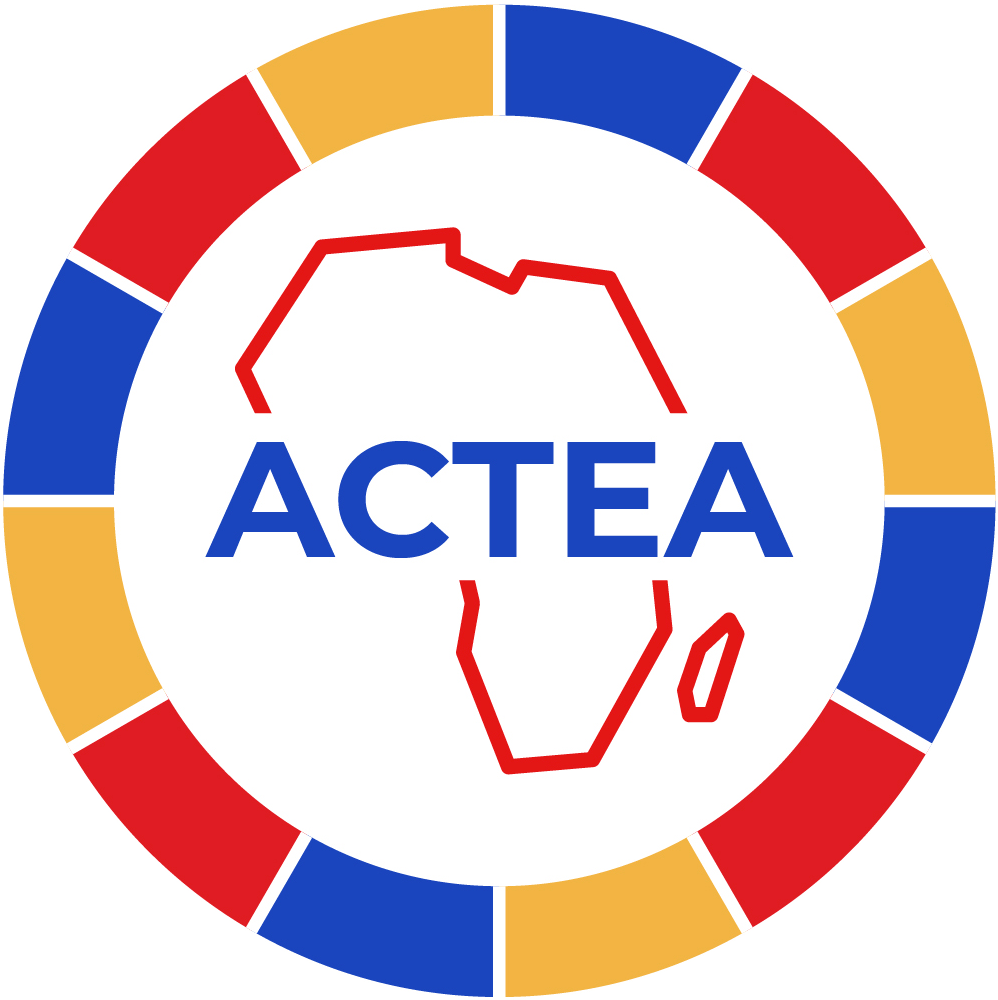ACTEA is a ministry of The Association of Evangelicals in Africa (AEA) having been constituted as a project of its Theological and Christian Education Commission (TCEC) in 1976.
About ACTEA
Our Mission
To Strengthen Theological Education through Accreditation, Research, and Capacity Building in Order to Serve the Church and Transform Society.
Our Vision
To see a Vibrant African Church Transforming Society
How did ACTEA get started?
ACTEA was established in 1976 as a project of the Theological Education Commission (TEC) of the Association of Evangelicals in Africa (AEA) under the leadership of the General Secretary from Nigeria, Dr. Byang Kato. Kato believed that rigorous evangelical theological education would most incontrovertibly cure African Christianity’s “theological anaemia,” which he understood as the compromise of evangelical faith in the face of “syncretism, universalism, and Christo-paganism.” Kato envisaged for the church in Africa:
- The establishment of an accrediting agency for theological institutions;
- The establishment of graduate-level theological institutions, one to serve the Francophone region and another to serve the Anglophone region;
- Publications by evangelical African scholar
- Establishment of an African academic journal akin to Christianity Today.
ACTEA is a founding member of The International Council for Evangelical Theological Education (ICETE), a global partner within the World Evangelical Alliance (WEA).
Our Core Values
- Evangelical faith. To fortify theological education in Africa and for Africa, that identifies with the evangelical faith.
- Professional excellence. To intensify commitment to quality among theological educators and their respective institutions, especially through accreditation services.
- Church orientation. To unite theological educators and their institutions in service of the church in Africa and among Africans globally.
- Contextual relevance. To engage theological educators and church leaders in addressing relevant issues facing the church and society in Africa through consultations, research, and publications.
- Strategic collaboration. To collaborate with continental and global partners in providing support services for institutions running theological programs including Christian universities.
